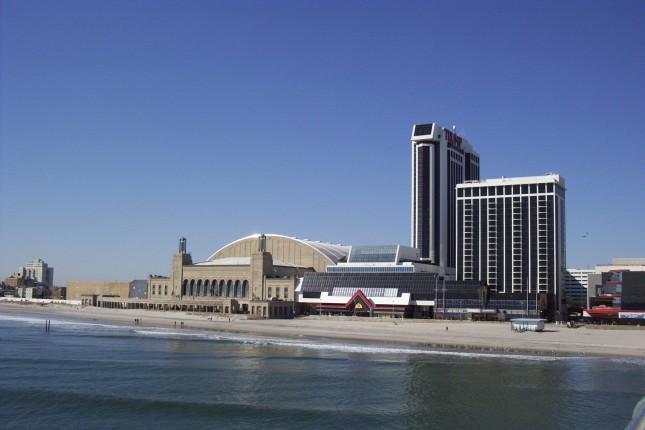
NJ Office Rents Approaching Pre-Recession Levels
On Jan 20, 2016As New Jersey’s office submarkets continue to perform well, the state’s rents are approaching pre-recession levels, according to Transwestern’s Fourth-Quarter 2015 Office Market report. Driven by lease renewals, average asking rents experienced an uptick to $25.56 per square foot, compared to $25.03 the previous quarter.
“We saw continued robust leasing activity in 2015 coming on the heels of significant positive absorption in 2013 and 2014,” said Matthew McDonough, managing director at Transwestern. “Build-to-suit development remains a trend as today’s tenants continue to seek new, revitalized properties.”
As connectivity remains a top priority for New Jersey companies, owners of recently redeveloped and newly constructed properties often seek Wired Certification, a designation provided by WiredScore that identifies commercial buildings with the fastest and most reliable internet connections.
On top of strong leasing activity and new development, some prominent landlords – namely Mack-Cali – that previously withheld asking rents began disclosing them in the third and fourth quarter of 2015. Average asking rent in Mack-Cali’s 4 million-square-foot, predominantly Class A portfolio of available space is in the high $20’s per square foot, a strong factor in the overall average increase.
Highlights from the report include:
- The Hudson Waterfront, Morristown Region, Parsippany Region and Somerset Interstate 78 East submarkets performed well in 2015, bolstering the office market.
- The pharmaceutical market, especially mid-market pharma, is strong and expected to continue growing through 2018, according to a recent market outlook by IMS Health.
- Sales, profits, wages and hiring are all up in New Jersey
- New Jersey has experienced three consecutive years of positive absorption for first time since 2005 to 2007.
- At 15.9 percent, the overall vacancy rate is at its lowest level since second-quarter 2011.
“In the past, it seemed as though the longer you waited, the better deal you would get,” said Transwestern’s New Jersey Research Director Matthew Dolly. “This is no longer the case as tenants are shortening lag times in front of their space requirements from approximately 18 to 24 months to nine to 12 months. Still, there remain concerns about rising healthcare and taxes, which no doubt will continue to have a significant impact on the state.”
Related Articles:





